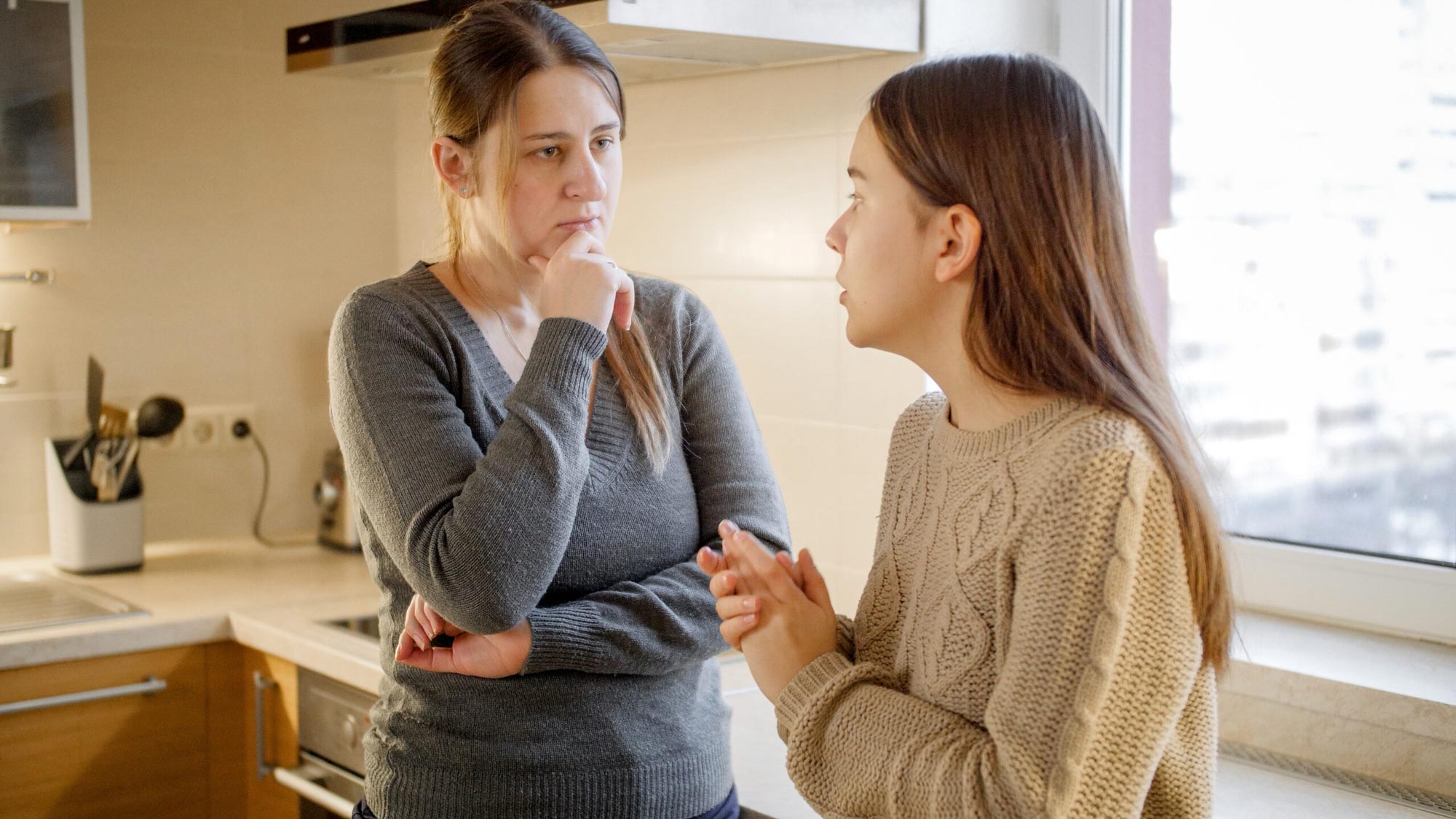No one wants to believe their child could bully others. But even with the best guidance, some children may act out against their peers as a way of coping with their own difficult emotions or experiences. Here are a few signs you may need to have a chat with your child:
Previous victim of bullying
Sometimes children who are victims of bullying reach the point where enough is enough, and they become the bully. They may have this misunderstanding that bullying moves them ahead or will help other children accept them. They may be looking to regain their sense of self after being picked on and think bullying is the way out. If your child has been a victim, talk to them and let them know that bullying is unacceptable. Tie this back to how bullying made them feel and that it is wrong to do the same to their peers.
Aggressive and violent attitude
If your child is consistently trying to be the dominant figure or is yelling and hurting their siblings or other family members, they may be practicing similar aggression on their peers. Reach out to teachers and see if this behavior is consistent at school. If it is, talk with your child or lean on a school counselor to help them get to the root of their anger. See what actions need to be taken to rectify their behavior and drastically minimize their abuse.
Minimal empathy or sympathy
Perhaps you notice that your child doesn’t exhibit sympathy or empathy for others that are being picked on, either in conversation or from a movie or television show. Maybe your child has stopped exhibiting feelings other than anger or cruelty. According to the Neufeld Institute, a child who bullies has an emotional system that has become inhibited, keeping them from experiencing vulnerable emotions like sadness or joy. Some studies have even found that bullies lose the capacity to blush with embarrassment. They don’t show remorse, gratitude, or forgiveness. If your child has stopped caring and you can’t seem to change their mindset, they may need professional help to get to the root of what has hardened their heart and fueled this hate.
Valley Oaks Health has unique services targeted specifically to help your child such as counseling and mental health crisis response services. They also have a unique program termed Catch to service children and adolescents experiencing serious emotional disturbances that need intensive individual and family therapy. It is okay to reach out for help and guidance as you navigate this intense and challenging period for you, your child, and your family. You aren’t alone in your struggles and leaning on your available resources can help get you through this challenging time.







